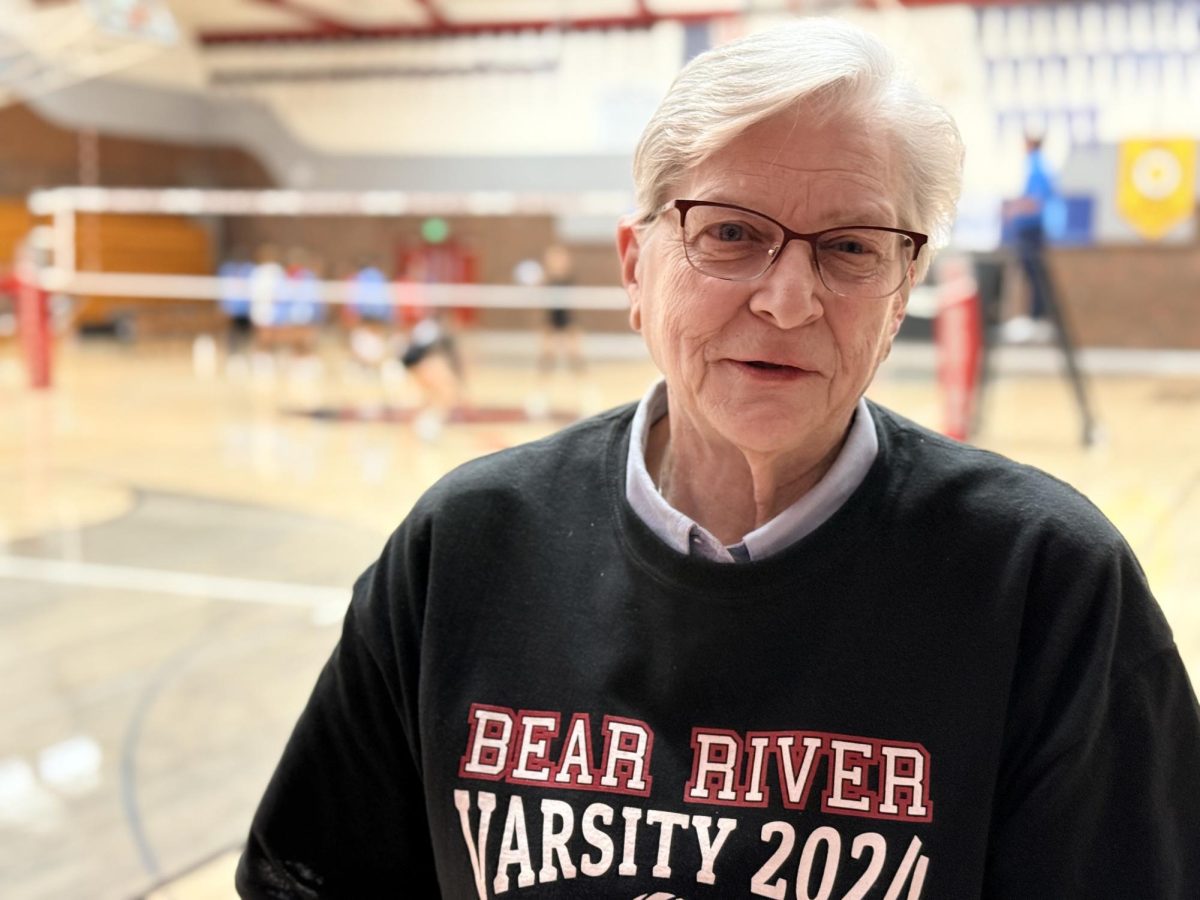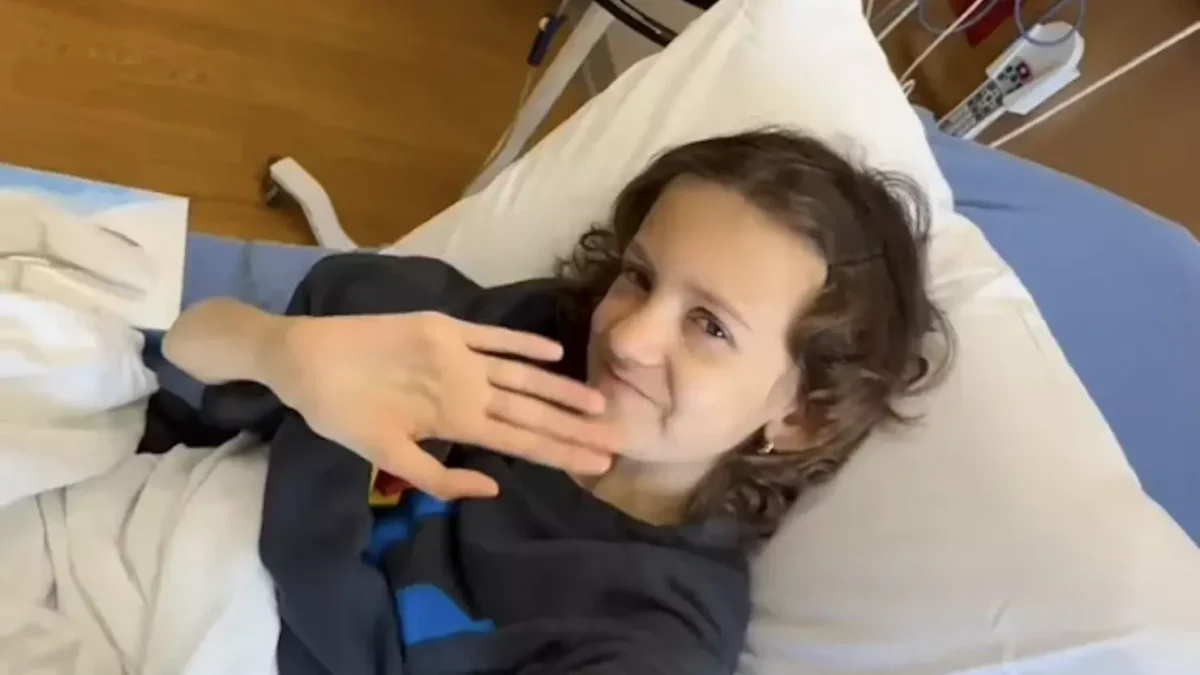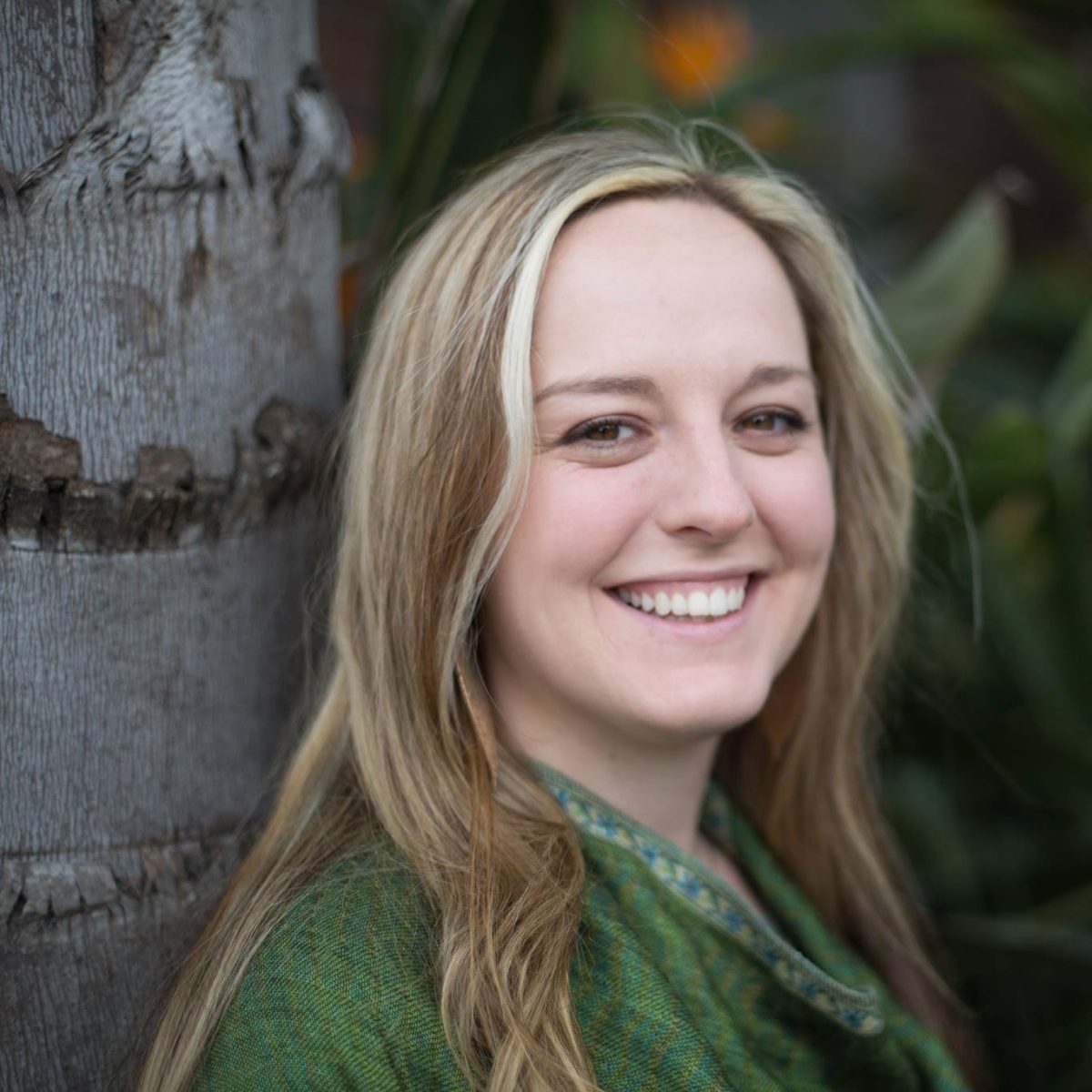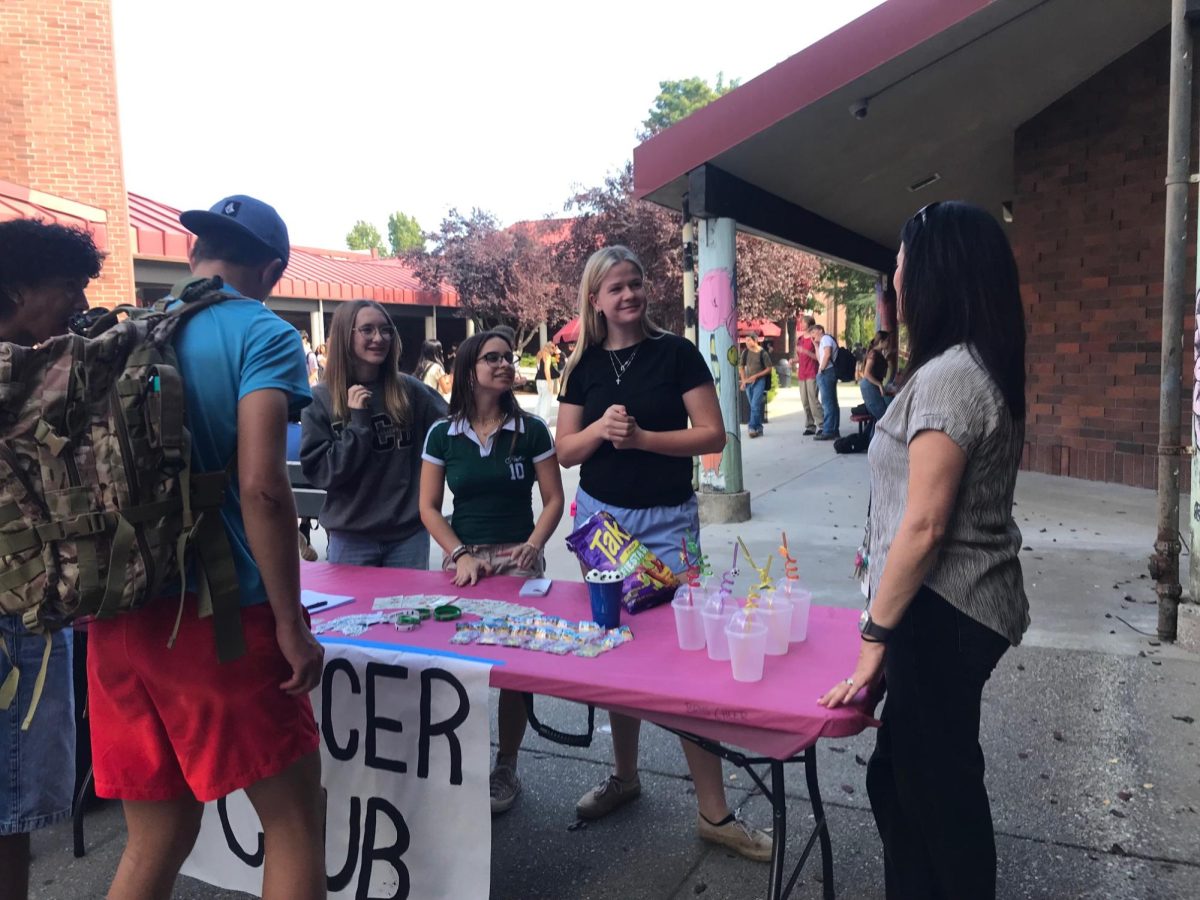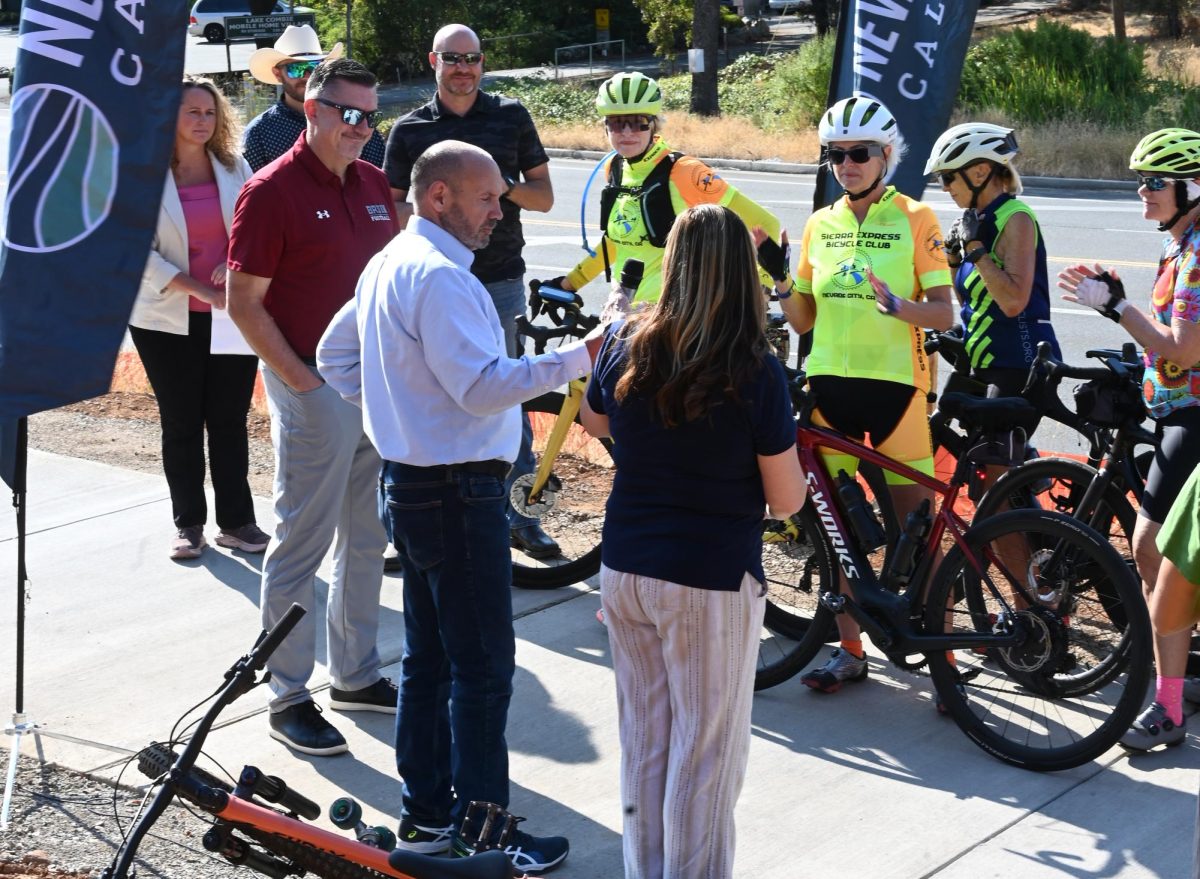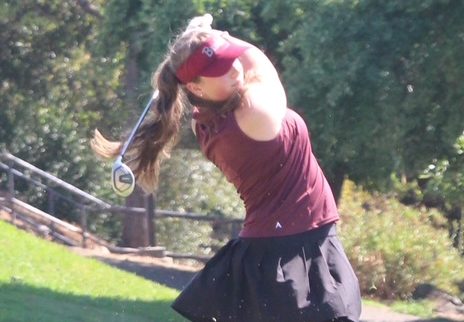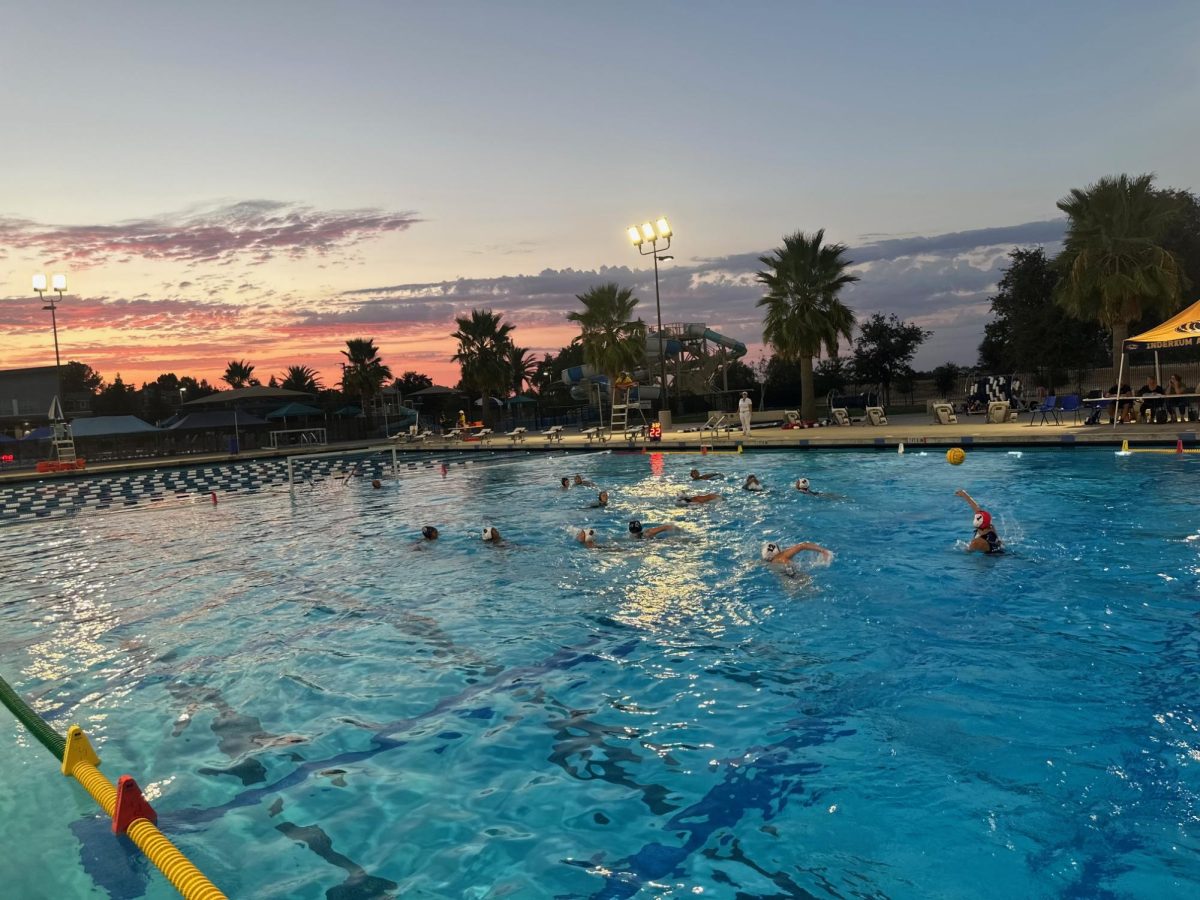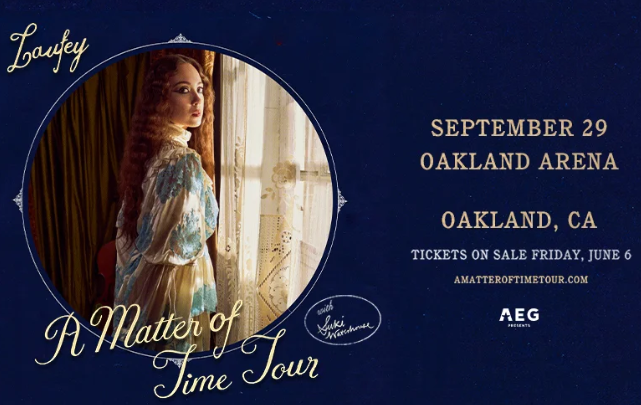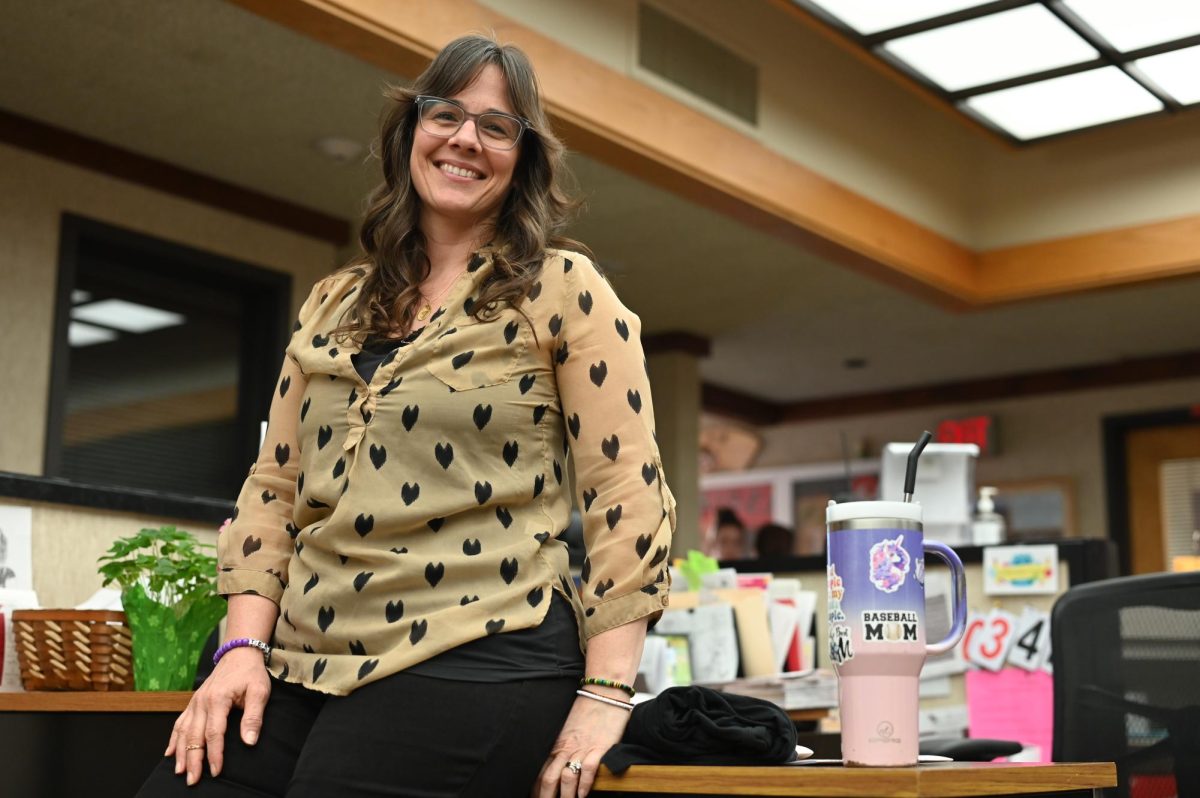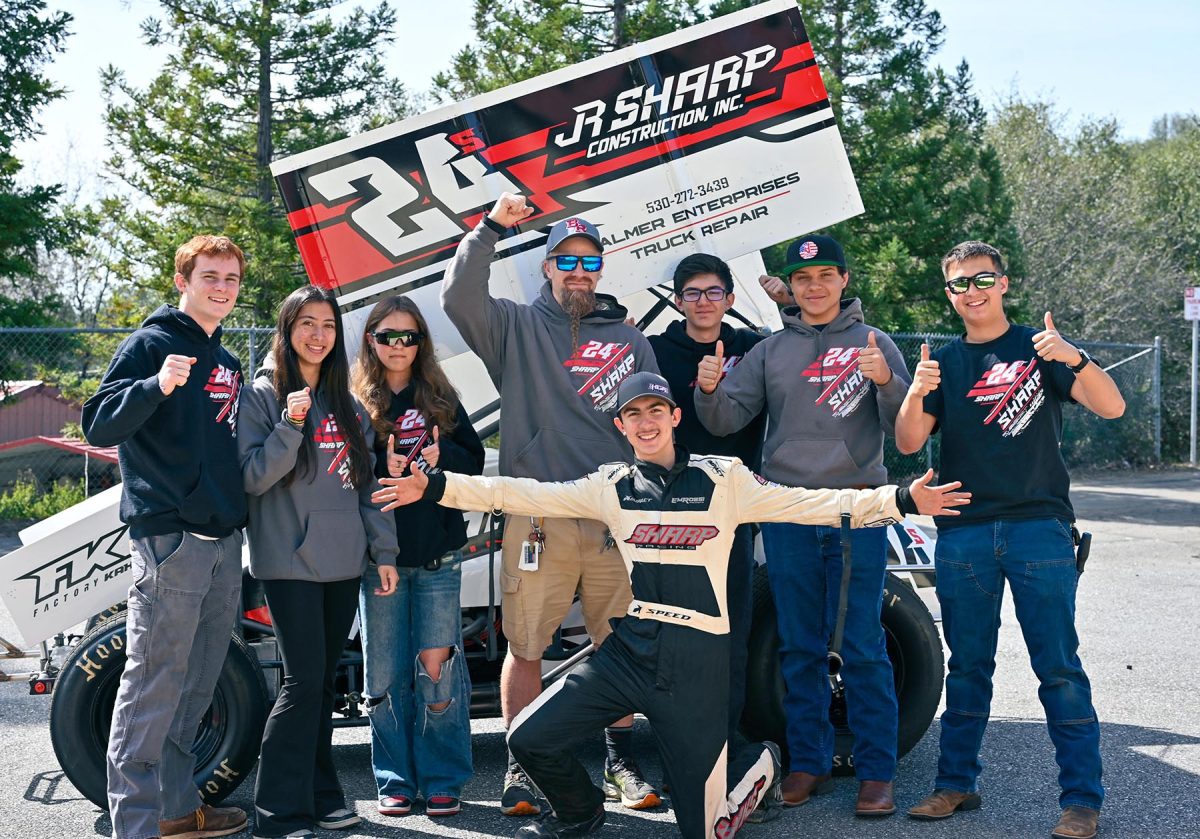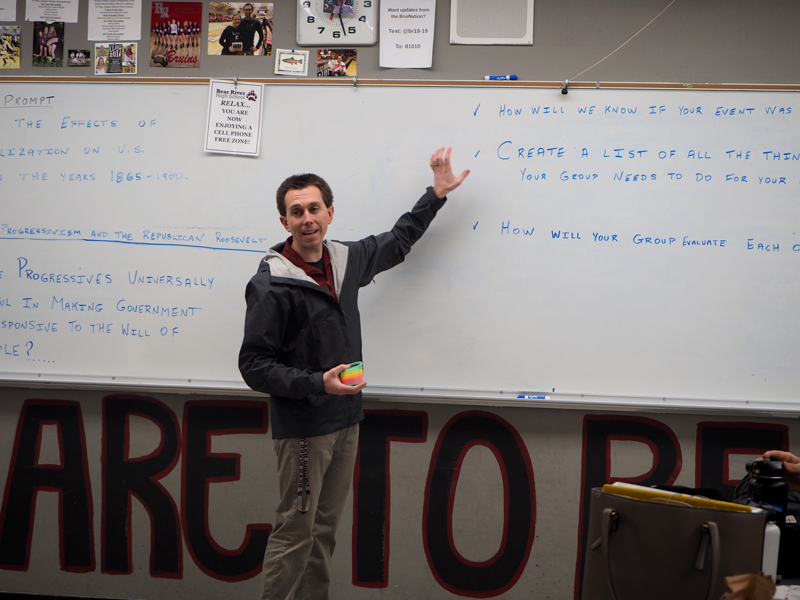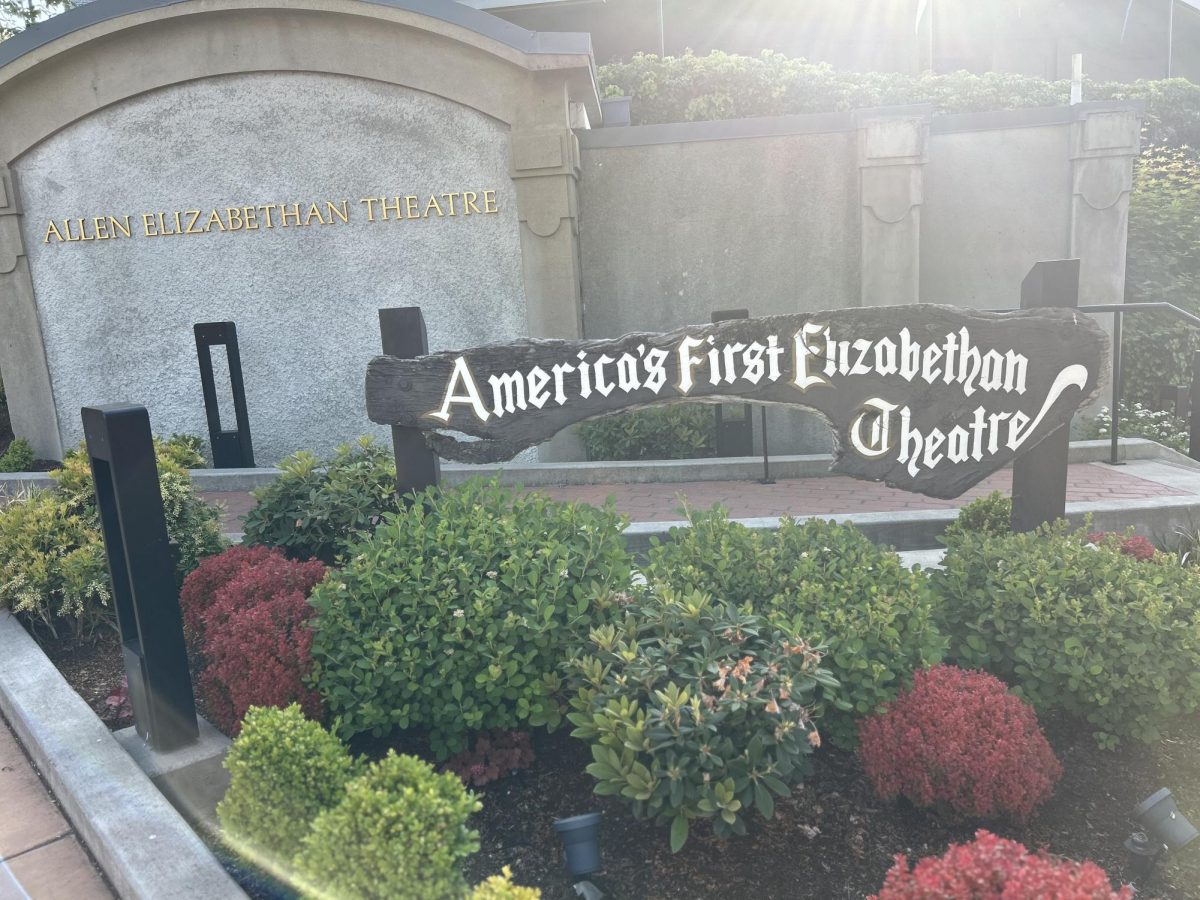From volunteering in a homeless shelter to walking dogs in an adoption center, community service is a brilliant way to help your area in more ways than one. However, in some states, they require a certain amount of community service hours in order to graduate from high school. California is one of the states that does not explicitly outline a minimum requirement of service hours to graduate, although school districts are allowed to adopt such a requirement.
Bear River High School, according to Guidance Counselor Bethany Williams, does not have a requirement of volunteer hours to graduate. However, some believe that it should be necessary, including Mrs. Williams.
“I believe that there should be a requirement,” she said. “It’s a great opportunity to learn something new, to think beyond one’s self. … It builds character and expands students’ experiences. I think it helps students with personal growth and global knowledge.”
Sophomore Lizzie Glomson expressed her view on a community service hour requirement.
“I believe that some amount of community service should be required in order to graduate, because it shows what you can do for your community,” she said.
Brittany Rogers, a senior, added her own opinion.
“I have participated in a lot of community service, so I do know that it does help you in life, and it builds life skills, and it really teaches you a lot about yourself and the community,” she said. “I don’t think it would be a bad idea if we did have some kind of requirement to graduate.”
She went on to explain how Bear River generally has a small community service hour requirement for seniors.
“I think it’s only five hours here at Bear River for our Senior Project, so, I mean, it’s not a lot, but it’s something,” she said.
On the other hand, Key Club Advisor Jeff Carrow shared his opinion.
“I like the idea of a requirement for community service hours,” he said. “[But] I try to appeal to students’ intrinsic desire to do community service rather than forcing them to do community service because it’s a graduation requirement.”
He went on to describe what he thinks students’ motivation for community service should be.
“I really feel … that community service should come from the heart and should be something you want to do because you know it’s the right thing to do,” he said. “So, I guess, deep down, I would still like to see students intrinsically and inherently motivated to help their community rather than being forced to have a graduation requirement.”
Junior Lydia Fuller-Hall had a similar opinion to Mr. Carrow, though focusing more on how the daily life of a student can affect how much they can volunteer.
“I think community service is really important to get out there and help others,” she said. “But, I don’t think it should be required to graduate, considering how busy high school students are.”
Mr. Carrow explained one of his three reasons why students should do community service even if there is no graduation requirement.
“The main reason you should do community service is it actually does help others – helps people less fortunate, helps the environment, the community as a whole, helps an organization whose goal in life is to aid and assist people that are in some sort of need, whether it be a family need, abusive situation, a monetary situation, or homeless.”
Glomson added her reasons behind doing community service.
“It just makes you feel super good about yourself when you do something for others that sometimes they’re not able to do, and then you can see the smiles on their faces,” she said. “It just is a really good thing to do. … Just seeing the reaction of the people [is the most rewarding part about doing community service].”
While Mr. Carrow says that the feeling that you get is reason enough to do community service, he also described one more major reason.
“The final reason, and it’s the one I consider the third most important out of my three, is it certainly builds your academic resume,” he stated. “If you are applying to a competitive college or to scholarships, having all of those community service hours really helps set you apart and show those people that are analyzing your resume that you have done so much extra, above and beyond academics.”
Mrs. Williams elaborated on Mr. Carrow’s third reason of how community service can affect students’ academic resume.
“Depending on the type of college application, it can be critical,” she said. “For CSU applications, the only data used for admissions is a transcript, GPA and test scores (SAT/ACT). For most private and UC applications, they use a Holistic Application review, they will ask what volunteer hours you have done, along with what clubs or other extra curricular activities.”
Rogers explained how her motivation for doing community service changed.
“I did start out doing community service because I knew it looks good on college applications,” she said. “I knew I had to do this, this, and this to get into the college that I wanted to go to. But once I started doing community service, I realized how much fun it was and how amazing it was to help the community and just how much fun you can really have by helping others.”
Mr. Carrow explained what he likes most about doing community service with his students.
“It’s so nice to get with students outside of the classroom with a common goal, you’re equals at that point,” he said. “We’re a team. It kind of brings the teacher-student relationship into a common ground.”
Some students elaborated more on the important life lessons they learn from doing community service.
“Not everybody is the same,” said Fuller-Hall. “There are some people who are in need, and it’s always great to help them.”
“There are many lessons that can be learned, I believe,” said Glomson. “It all depends on what lesson you teach yourself.”
Mr. Carrow emphasized more on the importance of doing community service and how those experiences can last a lifetime.
“When we [students] get together and we reminisce about high school, it’s rarely about classes,” he said. “It’s about extracurricular activities, like community service. … Those are some great memories. To me, it’s just a huge part of my career and a huge part of my life, and I’m very gratified of my community service career.”


